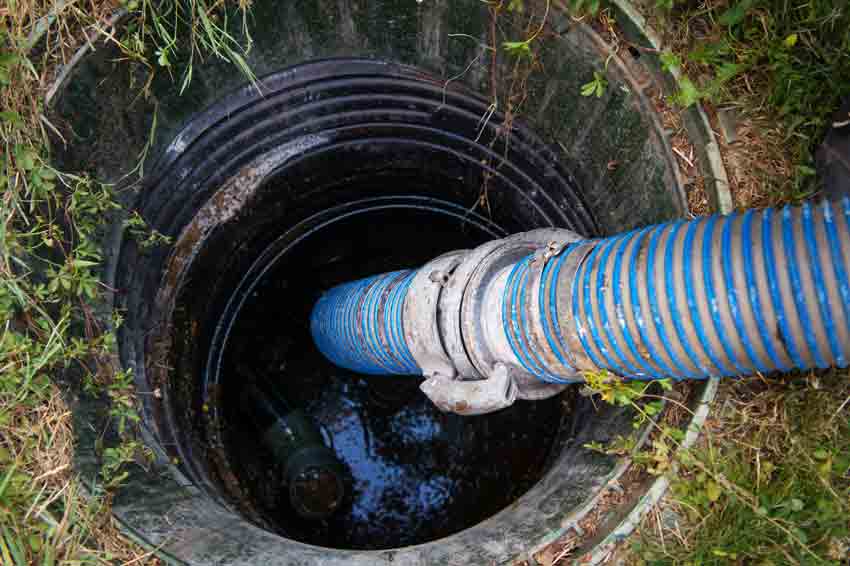
The modern environmentalist movement as we know it began in 1962 with the release of “Silent Spring,” Rachel Carson’s book covering harm caused to the environment by one-size-fits-all use of pesticides.
Since then, the topic of environmentalism has rightly been a factor in policy decisions from global politics all the way down to what sort of household chemicals are safe or appropriate for use in individual households.
To relate this to the typical topic of this blog: are septic tanks bad for the environment?
No less an authority than the United States Environmental Protection Agency (EPA) says that “septic systems that are properly planned, designed, sited, installed, operated and maintained can provide excellent wastewater treatment,” according to its website.
With that having eased our minds — that, under the right circumstances, septic tanks can not only be NOT harmful to the environment, but can actually be beneficial — what can we do to make sure we create the right circumstances?
First, the alternative: having too many septic systems too close together can be problematic, as well as systems poorly put together or maintained. Those have caused serious documented problems involving contamination of water, among other issues.
So, making sure you hire someone who designs and installs your septic system correctly is paramount, as well as ensuring it’s properly and regularly maintained.
From excavation to septic installation and maintenance, Little’s Septic is ready to fulfill any and all of those duties, safely and effectively.
If that is done, there are benefits that effective septic systems provide in the interest of wastewater management. According to the EPA, they reduce the risk of disease transmission through water, replenish aquifers and help communities reduce high costs to collect and treat wastewater.
Effectively used septic systems not only dispose of unusable water — that which comes from your toilet and sinks — they also rehabilitate it back into water fit for drinking, cooking and cleaning with.
It all starts with making sure your septic tank is doing what it should. That’s our expertise — contact us to get started!
